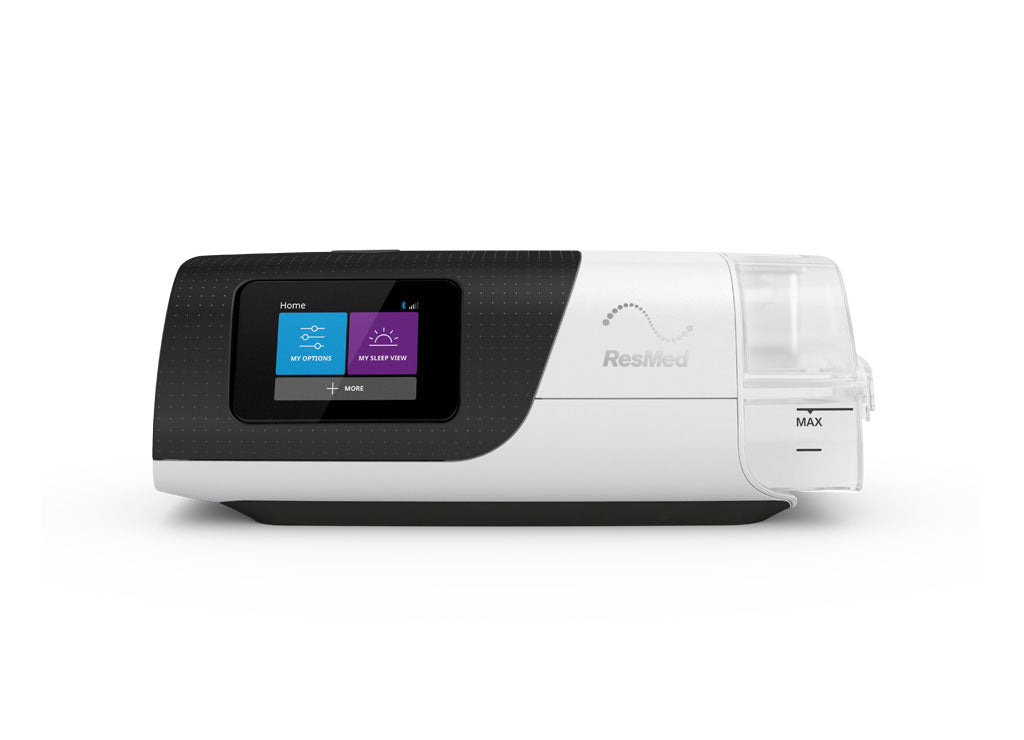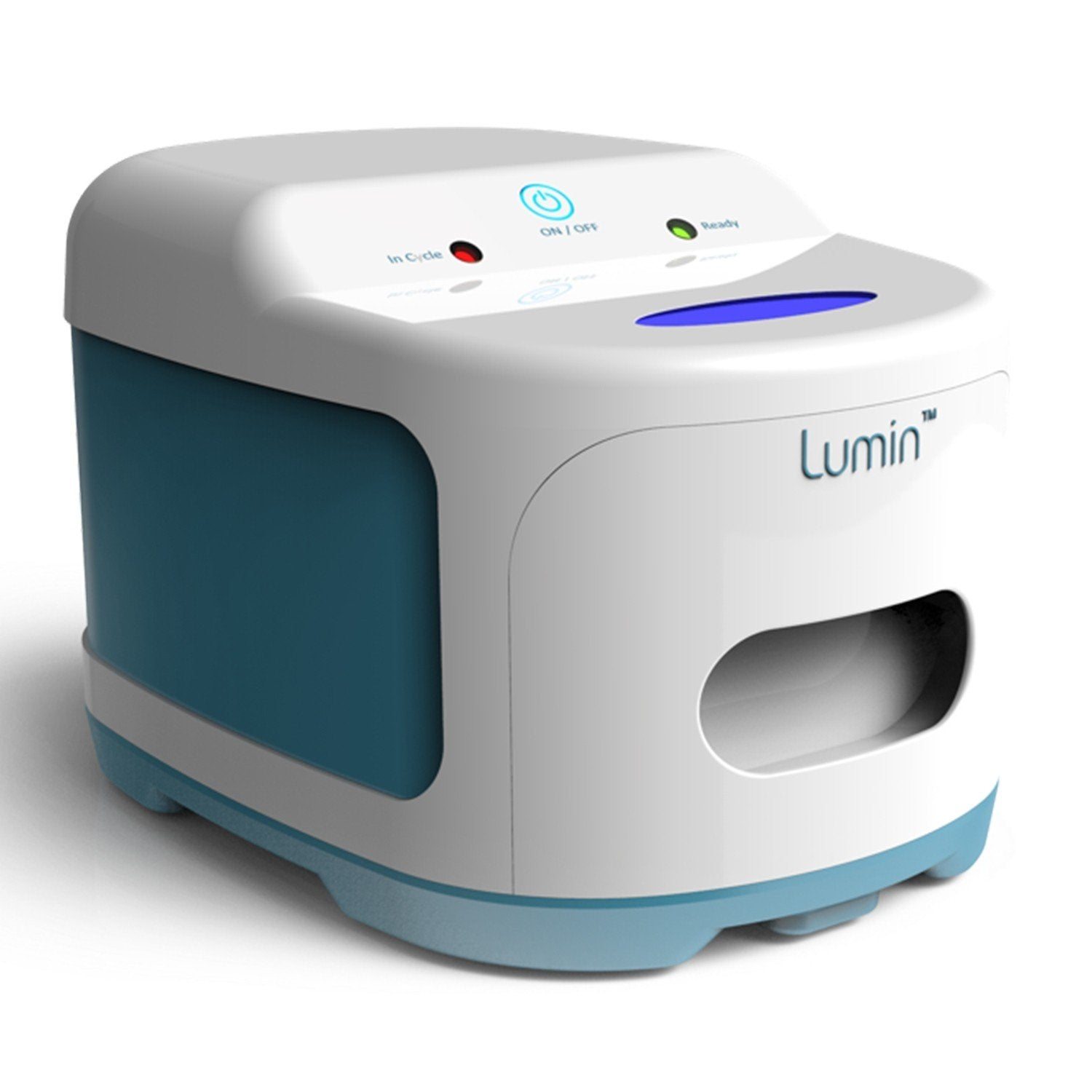Researchers pooled data on incident diabetes diagnoses and CPAP usage across territory-wide electronic health administration system records of protocolized evaluation of CPAP adherence at a sleep clinic. They used Cox regression models to assess the link between baseline OSA and incident diabetes, as well as the effect of CPAP therapy in 1,206 patients with completed overnight sleep studies and clinical assessment from 2006 to 2013.
At a median follow-up of 7.3 years, 152 patients developed new-onset type 2 diabetes.
Untreated moderate (HR = 2.01; 95% CI, 1.06-3.81) or severe OSA (HR = 2.62; 95% CI, 1.4-4.93) was associated with an increased risk for developing diabetes, with a trend that plateaued in those with severe OSA.
Moreover, regular use of CPAP — attained in nearly one-third of those with moderate or severe OSA — was associated with decreased diabetes incidence from 3.41 per 100 person-years to 1.61 per 100 person-years.
“Our findings demonstrate that OSA poses an independent risk for incident type 2 diabetes, while the nonlinear relationship further highlights the need for integrated approach in holistic clinical management,” Xu and colleagues wrote. “Importantly, long-term treatment of moderate or severe OSA at a realistically achievable CPAP adherence level was associated with a metabolic risk reduction. Meanwhile, further efforts should be directed towards promoting treatment adherence in all CPAP users.” – by Jennifer Southall
Disclosures: The authors report no relevant financial disclosures. The study was funded by the Ho Ting Sik Donation Fund for Sleep 5 Research.





